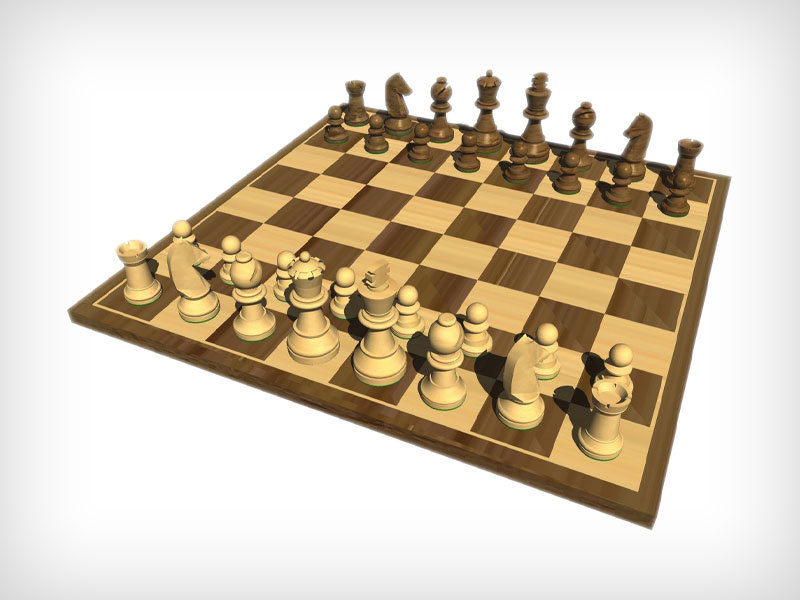Folk games in the works of Al-JaHidh
Issue 7

Muhammad al-Samarrai-Iraq
T he Arabs knew and practiced playing games since before Islam, where they had some games to practice in their free time. At the dawn of Islam, all adults people playing have been regulated because some games are clearly noticed to affect the performance of legal practices. When the Prophet Mohammed peace be upon him has seen men from Sudan playing, he said: “without you sons of Arfidat,” and He also said to his companions: “Play, I hate to see the harshness in your religion.” The Companion Abu Hurayrah may Allah be pleased with him played with another companion at the back of the mosque by a game called fourteen, and Abu Rafii played with Hassan and Hussein with MadaHi, a kind of stones, where they were digging a hole, and push the stone in it, if the stone falls in the hole, the pusher wins. The game of ball and scepter has been well known to the Arabs before Islam, and its eminent player was the pre-Islamic poet “Uday Ibn Zaid,” and he was a good shooter of arrows. The Arabs played ball game and scepter in their Islam, and they were lovers of it in their spare time, while the Umayyads were interested in horses and equestrian, and we find the Umayyad caliph Omar Ibin Abdul Aziz “717 AD -720 AD” interested in race horses, while the Caliph Hisham Ibn Abd al- Malik “724 AD - 743 AD “ strongly interested in the horse race, and he had set up a circuit that gathered about four thousand horses. Upon the Islamic conquests in the Umayyad period the equestrian sport and horse has moved to India, Pakistan and China, but the Chinese preferred to exercise it on the back of donkeys for their short height, and horses high. The ball and scepter game received great interest in two capitals of the Abbasid caliphs, namely Baghdad and Samurra. The Abbasid Caliph Harun al-Rashid was the first to play with scepter in the field and create fields for the game, especially in the areas of the capital of the Islamic caliphate of Baghdad - Dar es Salaam - In the city of Raqqah in the Levant. The Caliph Muhammad Muatassim bi Allah Ibin Harun al-Rashid, the founder of Samarra north of Baghdad today, enjoyed a strong physical superhero, so he was described by Ibn Al Kazerouni to be the bravest the most vigilance in the war, and he brole the shoulder of a man by his index and his middle fingers when he lied on him. He also looped an iron column by his hands, and erased the writing on the Dinar by his fingers.” The literary polymath Abu Uthman Amr Ibn Bahr Al JaHidh from Basra (died in 255 H) has left volumes on thought, literature, arts of civilization, and popular culture, which he deposited in his encyclopedic works during the second century AH in Iraq under the Abbasid caliphate, where he paid much attention to folklore clearly within the material delivered in his writings such as: “Al Hayawan, Al Bayane wa tabyine, and al Taj, and also in his letters known, such al Tarbiia wa tadwire, etc ...


































































